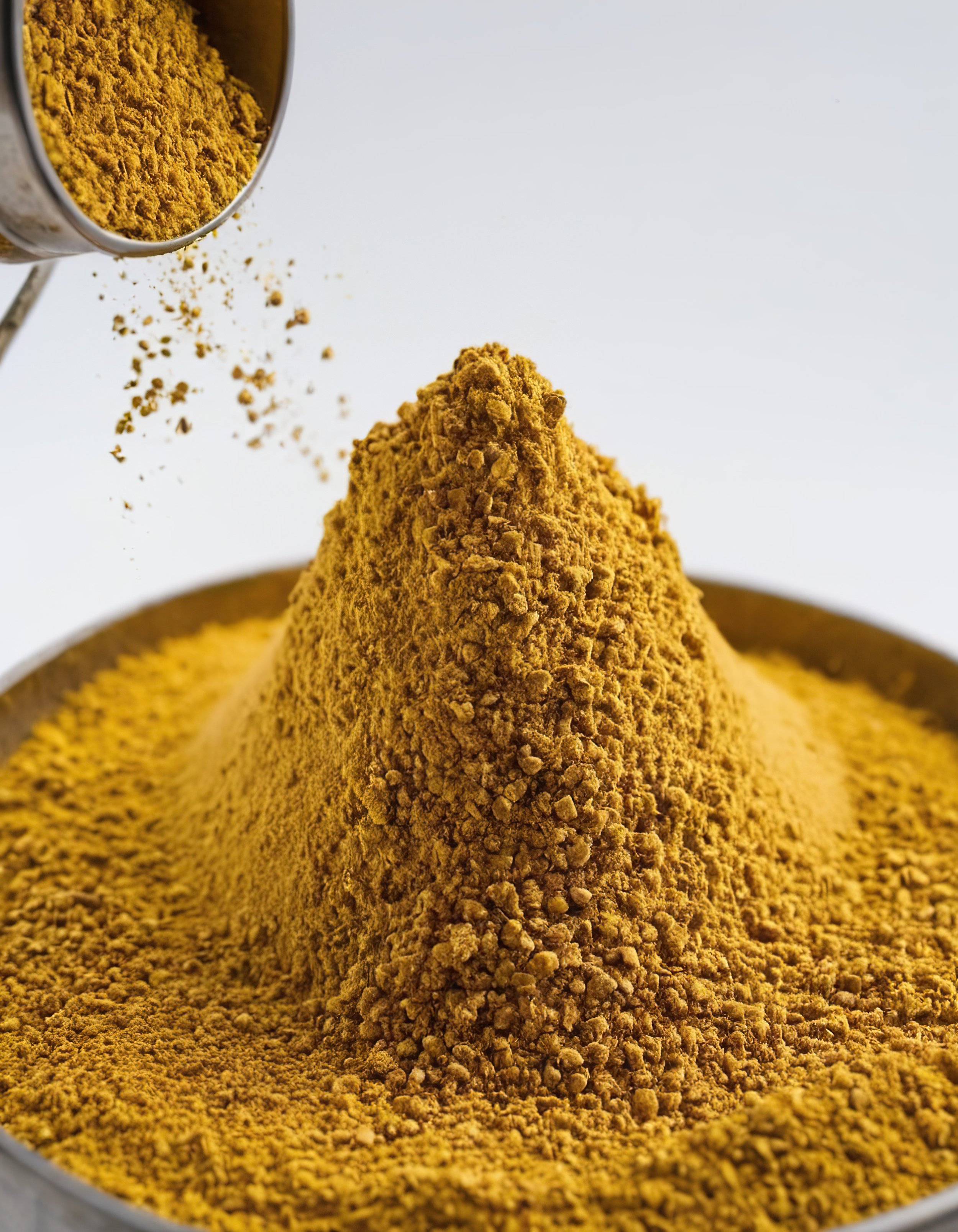
Life w/ Berberine
Berberine is a bioactive compound found in several plants, including Berberis, goldenseal, goldthread, Oregon grape, and tree turmeric, offering a long history of use in traditional Chinese and Ayurvedic medicine.
Berberine is an alkaloid and is known for its yellow color, often used as a dye. We came across this unique blend as a native to metabolic and blood sugar control.
Here are the top 10 benefits we found of berberine:
1. Blood Sugar Regulation
Berberine has been shown to lower blood sugar levels in people with type 2 diabetes. It works by improving insulin sensitivity and reducing glucose production in the liver.
2. Cholesterol Management
Berberine can help lower LDL cholesterol and triglyceride levels while increasing HDL cholesterol. This can contribute to overall cardiovascular health.
3. Weight Loss
Berberine may aid in weight loss by improving metabolic function and reducing fat storage. It has been observed to help reduce body mass index (BMI) and belly fat in clinical studies.
4. Heart Health
Beyond cholesterol management, berberine can help lower blood pressure, improve heart function, and reduce the risk of heart disease.
5. Anti-Inflammatory Effects
Berberine has anti-inflammatory properties, which can help reduce chronic inflammation, a common factor in many diseases.
6. Antimicrobial Activity
Berberine is effective against a variety of microorganisms, including bacteria, viruses, fungi, and parasites. It has been used to treat infections and support gut health.
7. Cancer Prevention
Some studies suggest that berberine has anti-cancer properties, potentially inhibiting the growth of cancer cells and inducing apoptosis (programmed cell death) in various types of cancer.
8. Liver Health
Berberine can support liver function and protect against non-alcoholic fatty liver disease (NAFLD) by reducing liver fat content and improving liver enzymes.
9. Cognitive Function
Preliminary research indicates that berberine may have neuroprotective effects, potentially helping with cognitive decline and neurodegenerative diseases such as Alzheimer's.
10. Gut Health
Berberine can positively influence gut microbiota, promoting the growth of beneficial bacteria and inhibiting harmful ones. This can improve digestion and overall gut health.
Generally, we found the daily dosage recommended for Berberine is 1,000-1,500 mg and ideally in the morning, after breakfast to start the immediate activity proposed by this unique bioactive compound on your food breakdown throughout the day.
As a type 1 diabetic, I can only say, since taking berberine, my sugar has been fluctuating less, allowing for a more stable blood sugar read. However, that is required to be continuously managed with a monitored natural glucose, protein, and plant intake which can be very selective depending on your body response to certain types of food, and insulin management using a carbohydrate-to-insulin (CIR) ratio.
It's important to note that while berberine shows promise in these areas, more research is needed to fully understand its effects and optimal dosages. As with any supplement, it is advisable to consult with a healthcare provider before starting berberine, especially if you have any underlying health conditions or are taking other medications.

